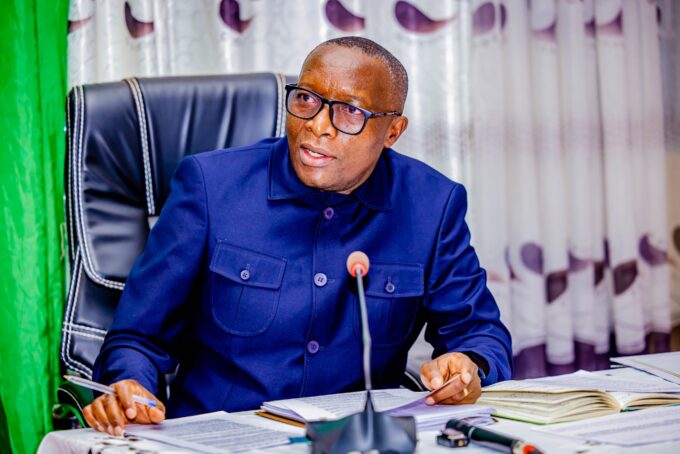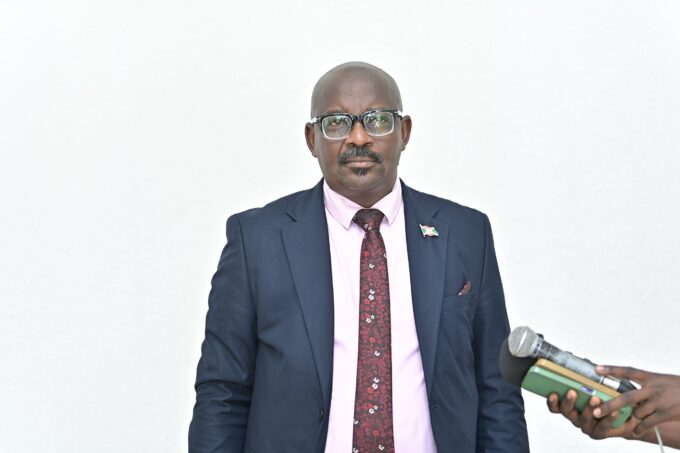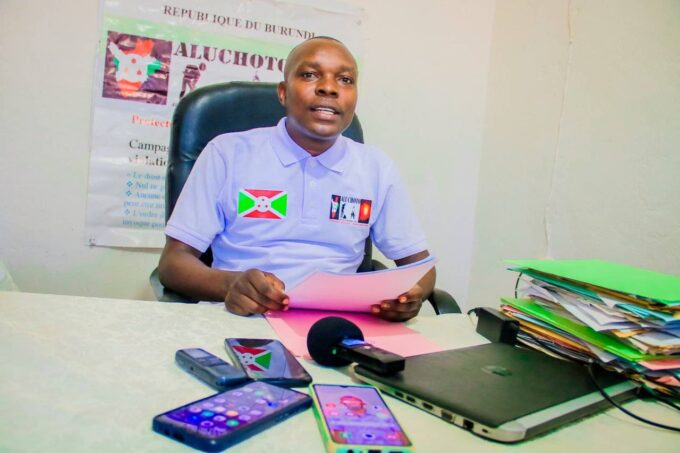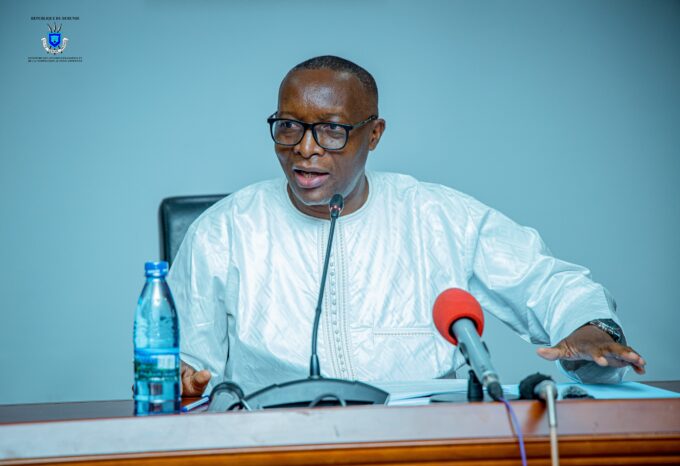The civil society organization PARCEM has raised the alarm over what it called the “progressive dismantling” of the Arusha Peace and Reconciliation Agreement, warning that key democratic gains are being rolled back. The statement came as Burundi marked 25 years since the signing of the landmark accord.
Speaking to journalists on Thursday in Bujumbura, Faustin Ndikumana, PARCEM’s executive director, said the country is witnessing an “overwhelming decline” in critical sectors, including governance, democracy, and the economy. He attributed this backsliding to what he described as “a collapse of the accords,” urging their restoration as a pathway to sustainable peace.
“The Arusha Agreement was designed to guarantee that no Burundian would ever again be excluded from power. That principle was vital for stability. Today, we are moving away from it,” Ndikumana warned.
The comments came on the same day the ruling CNDD-FDD party celebrated 20 years in power, a tenure that stems from the Arusha peace framework. The party held festivities in Gitega, the country`s political capital, where President Evariste Ndayishimiye credited the accord for opening the door to peace but downplayed its current relevance.
“They believed that dividing state positions among themselves would bring peace, forgetting the people,” Ndayishimiye said. He praised his administration’s record, citing improved security and social progress.
“Today, there are no more grass-thatched huts, no more kwashiorkor,” he said, claiming Burundians had moved beyond ethnic and political divisions.
Faustin Ndikumana: ‘Everything Has Collapsed’
PARCEM, however, painted a starkly different picture. Ndikumana accused the government of abandoning the core principles of Arusha, including power-sharing and democratic checks.
“Power-sharing is in decline. It feels as though the country is returning to a one-party system,” he said. “Elections lack transparency; the progress we once saw has vanished.”
He also denounced the government’s alleged attempt to politicize security forces and its failure to curb corruption.
“The fight against corruption and good governance has been abandoned. The capture of national wealth is now openly admitted,” he said.
Ndikumana cited worsening poverty, despite multiple national development strategies.
“In 1993, 35% of Burundians lived in poverty. By 2005, it was 67%. Today, in 2025, it is nearly 75%,” he said.
He pointed to persistent shortages of foreign currency, rising inflation, deteriorating infrastructure, and a collapse in the coffee and mining sectors as evidence that government programs such as the National Development Plan (2018–2027) have failed to deliver.
“Everything has failed. Where are we heading?” he asked.
Call for Renewal of Arusha Principles

To prevent a return to instability, The advocacy group’s executive director urged a full restoration of the Arusha principles.
“The current government was born out of negotiation and consensus. Ignoring that legacy is dangerous,” he said.
Ndikumana also warned against political rhetoric aimed at dividing Burundian youth along ethnic lines.
“Stop misleading young people with divisions they never lived through,” he said. “This country belongs to all of us. Burundi has wounded all its people. We must come together and reflect.”
The Arusha Peace and Reconciliation Agreement also referred to as “Arusha Accords”, signed on August 28, 2000, in Tanzania under the mediation of Nelson Mandela, sought to end Burundi’s 1993–2005 civil war. It introduced ethnic power-sharing, integration of rebel groups into the national army, and constitutional guarantees for democracy and the rule of law.
While the accord reduced large-scale violence, it did not immediately end the conflict, as some armed movements—including the now-ruling CNDD-FDD—continued fighting until a ceasefire was reached in 2003. Today, the agreement remains a key reference in Burundi’s post-war politics, though critics argue it was often exploited by political elites for power rather than genuine reconciliation.








Leave a comment